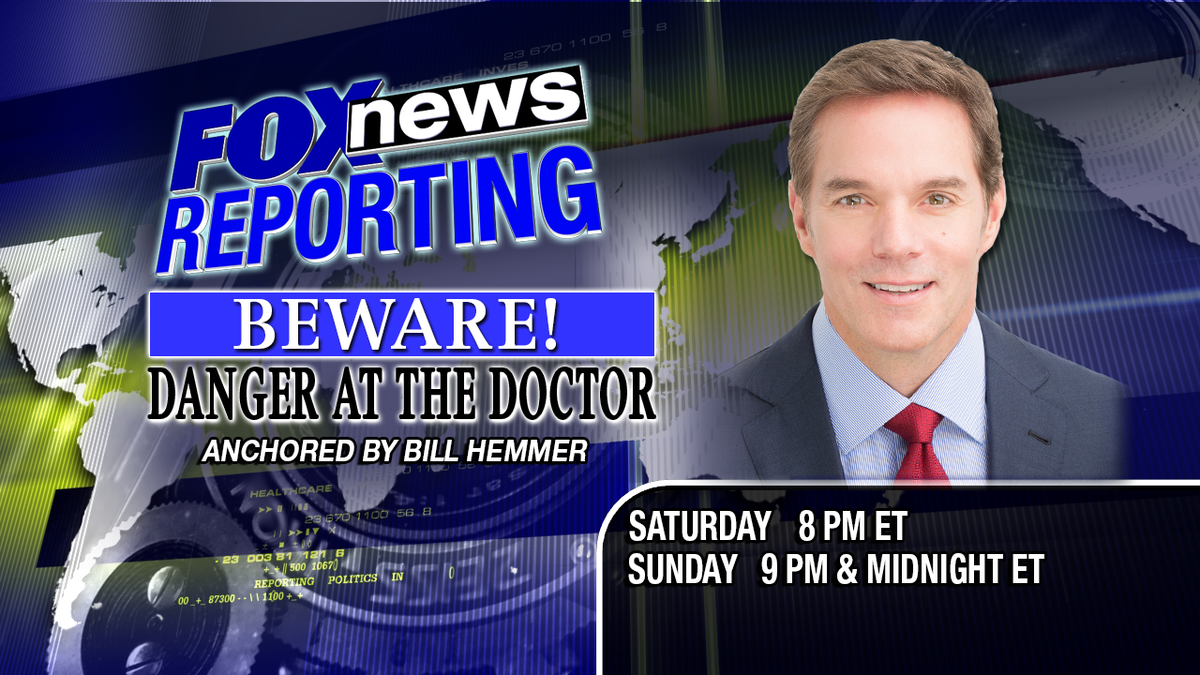
In early May, a report was published in the British Medical Journal (BMJ) declaring that medical errors are the third leading cause of death among Americans. Specifically, a retrospective analysis of four studies concluded that 9.5 percent of Americans who die each year are killed by a medical error. While I agree that medical error is a significant area of importance in health care, I find it hard to believe that this report holds weight.
To start, we must explore what actually constitutes a medical error -- is it a miscommunication between staff? Is it a failure to follow-up with the patient? Is it a wrong prescription or a surgical mistake? Or is it a combination of a few of these errors? A true definition of the term must be established before we declare that “medical errors” are the third-leading cause of death in America.
However, while I may disagree with the premature declaration, confirming that medical mistakes put our patients in danger is not a ground-breaking development. But, I also take issue with the study being retrospective, as you’re not looking prospectively down the road, but rather, what has happened in the past. One of the reports analyzed dates back to 1999, which could seriously compromise the accuracy of the study’s data.
Medicine today is extremely sophisticated and technical, and while humans and the technology we have come to heavily rely on will sometimes fail, there is also an increase in the amount of care we can offer. But despite this, any credible medical center still believes in the old adage of puting patient safety first. This has long-been the mantra of many hospitals’ leadership, and every member of hospital staff, from the head surgeons to the cafeteria workers and janitors, we must all be actively involved in making sure patient safety remains number one.
In order to do so, it is important that everyone act as a vigilante and speak up when a possible mistake can be avoided. In addition, the health record of the patient plays a vital role in preventing any medical errors. Knowing ahead of time the patient’s history of medicine, allergies or any underlying medical conditions will help prevent a prescription or surgical error that could be fatal.
Patients should also be aware of the steps they can take to help lower the risk of exposure to medical errors. Bringing someone along with you to the hospital who can act as a navigator or advocate to help sort information can be helpful, as well as asking questions and having health care providers explain any procedure, medication or treatment plan they are preparing to institute.
Patients should become familiar with the health care measures of every hospital and their policies including patient consent information and patient rights. Patients should also be aware of infection control procedures at the hospital they are receiving care in, such as hand-washing protocols, and deserve the right to expect only the best practices from their hospital.
To accurately gauge patient safety at our nation’s hospitals, the Centers for Disease Control and Prevention (CDC) and state health agencies should collaborate to collect data to issue a report. This would require the agencies to work in the same system as a hospital as far as transparency and communication go. It would be more beneficial to patients and hospitals if the CDC could gather specific information on what medical errors are, and categorize them accordingly so that we all could learn from it.
Accurate reporting on this topic could also benefit the public in the sense that we could better address the health problems we face. For example, the drug epidemic in this country could largely be attributed to medical error. If a doctor prescribes a patient a narcotic without first checking to see the patient’s history of addiction or other medications, a medical error may have caused the patient to become an addict. If a hospital received a report from the CDC highlighting this error, it may help prescribing doctors slow down before automatically doling out a prescription for another narcotic.
Another step must be taken to encourage transparency across state lines. If a hospital in Connecticut receives a report on prescribing opioids and painkillers that results in the development of a new solutions to prevent overprescribing, we doctors in New Jersey will have no way of knowing this.
I have been critical of the CDC in the past, but I truly could not find a greater meaning for the agency than to act as a facilitator between our nation’s institutions, offering a comparative report on medical errors to show hospitals and their staff how they are doing in relation to hospitals in other states. No such system exists, and without it how can we improve our health care as a nation? We must develop direct lines of communication between our health care centers.
I believe in our nation’s health care, and I know that we could be performing better. This report did help to slow many of us down who may have been on autopilot and forgotten the importance of small details, but the report also helped to highlight the bigger need for more transparency between our nation’s health care centers.
FOX NEWS REPORTING - BEWARE! DANGER AT THE DOCTOR airs Saturday June 25th 8PM ET - repeating at 3am. It airs again Sunday June 26th 9PM ET - repeating at midnight.








































